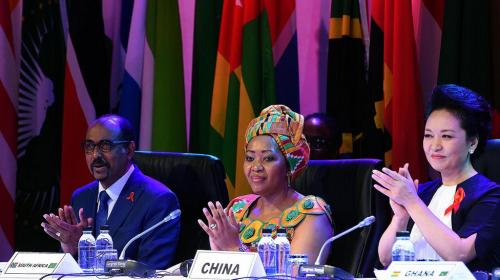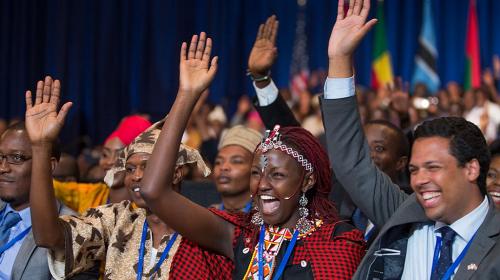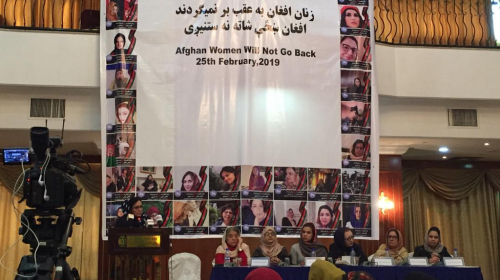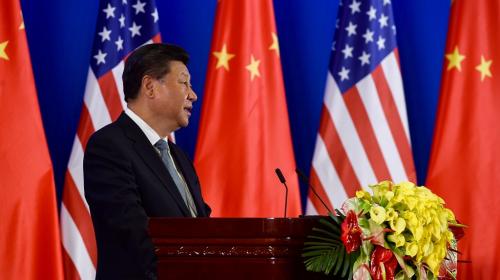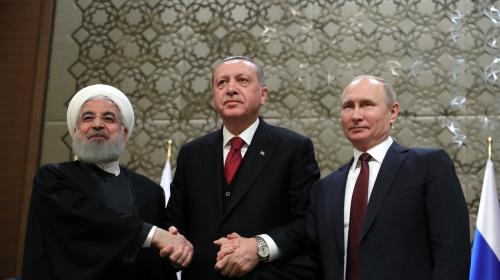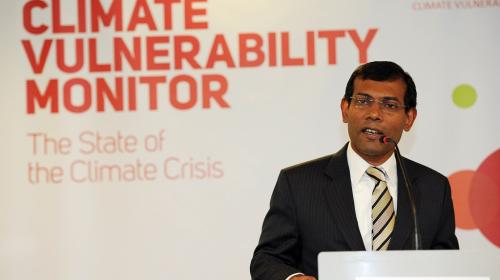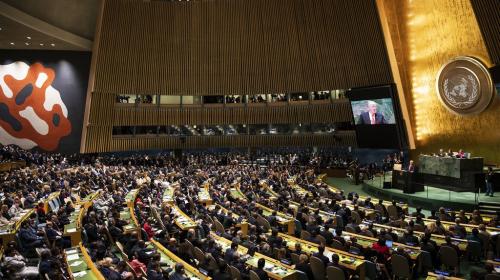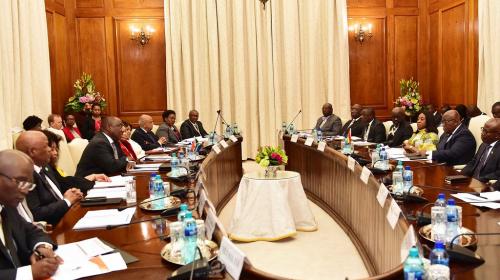The United States needs to offer African countries a compelling alternative if it is to counter China, writes Grant Harris.
Economic empowerment for women typically leads to political and social empowerment as well, CARE USA President and CEO Michelle Nunn told Pacific Council members in a discussion on International Women’s Day.
If the United States wants to implement effective foreign policy and foster legitimate peace negotiations with the Taliban in Afghanistan, women need a seat at the table, writes Gemma Stewart.
The United States and China must find ways to cooperate, especially on global issues, in order to address the most pressing problems of our times, writes John Negroponte.
As U.S. cities are home to two thirds of the entire population, the practice of city diplomacy has now become essential for local communities to thrive in a globalized society, write Jay Wang and Sohaela Amiri.
Pacific Council member Banafsheh Keynoush writes about relations between Iran and the Gulf Arab States, Iran’s periphery relations with Turkey and Israel, and Iran’s involvement in Arab conflict zones in the Near East region.
Pacific Council member Nishtha Mishra recently interviewed Maldivian President Mohamed Nasheed about his tumultuous life, his efforts to combat climate change, and the Maldives’ foreign policy.
In order for the United States to succeed on the international stage in 2019, it needs to rekindle its relationships with longtime allies, respect international institutions, and be more active in holding repressive regimes accountable, experts told Pacific Council members in a recent teleconference.
Africa's growing economy is attracting increased foreign investment in the "new scramble for Africa," writes USC students James Cutchin and Meijun Li.


